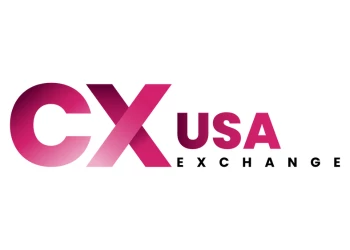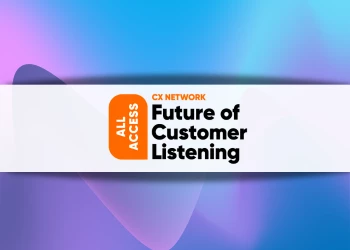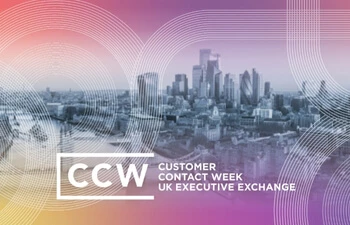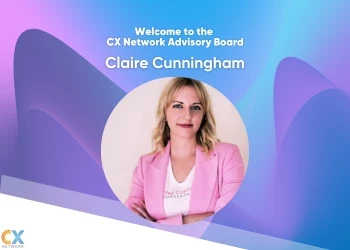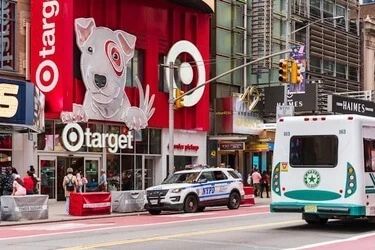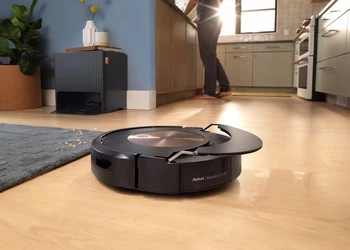In the Spotlight with Chris Travell of MaritzCX
Add bookmarkAs he is one of the newest members to join CX Network's Advisory Board, we held an interview with Chris Travell, Director of Insights at MaritzCX to find out a little more about his CX story so far and his forecasts for the industry.
Are there any key moments in your career that have been crucial to making you into the CX professional you are today?
Chris: For three years we did a project with a leading global automotive manufacturer where we did focus groups with sales and service customers. I moderated most of the groups. The employees and senior management from the dealerships were behind the glass. It gave these folks the opportunity to hear in the customer’s own words what was good and not so good about the CX the dealership was delivering. They found it incredibly insightful. They found out things about their operations they didn’t know were happening (these were often the bad things) and those areas where the customers truly found value.
This experience also made me realize that often it’s the little things that customers recognize and value. It’s the Service Advisor who took the initiative to replace a gas cap that was missing on the customer’s car free of charge; or the Servicer Manager who gave the customer £3 to buy a coffee at the shop across the street since the customer’s oil change wasn’t quite finished yet; or the astute salesperson who noticed the customer had a baby seat in their existing car and showed how it could be easily installed in the vehicle the customer was looking at. Not uncommon to other industries, but ‘surprise and delight’ has been used in the automotive industry to describe those things the customer didn’t expect, but they were delighted when they were discovered. This project certainly reinforced the reality of that term.
An article called: Is CX Dying? proposes that there is a lack of CX improvements in some businesses despite their best efforts. I ask you, how can businesses make sure they are working on improving factors their customers will care about and value? How do they ensure they are always aligned with customers’ desires?
Chris: My career has been spent in the automotive industry so let me address this question in that context. The challenge is not in knowing what is right but in doing what is right. For years we have been identifying those areas that are important to the customer. We know what they value and this information has been quite consistent over time.
However, where improving the CX tends to break down is in the application of the findings. This is why, I believe, the areas of the organization responsible for the training and culture change must work hand in glove with the people responsible for measuring and researching CX. A continuous feedback loop needs to be established to ensure the CX findings are being implemented effectively with the frontline people who are responsible for delivering the company’s CX.
Key to making this happen is the support from the C-suite. This may sound simplistic but if the CEO is only paying lip service to CX initiatives, they will fail.
Also read:The big book of customer insight, data and analytics 2018
What is the best customer experience you’ve ever received?
Chris: My wife and I were celebrating an important wedding anniversary. I booked a modest room in a nice hotel but jokingly said to the call centre person when I made the reservation, ‘and if you like, give us the best room in the house.’ Upon arrival the frontline person behind the desk congratulated us on our anniversary and mentioned ‘by the way, we have upgraded you to a special suite.’
We were shown to our room and without exaggeration, it took us about five minutes to explore it all - the dining room that sat 12, the two fire places, the sitting room with an astounding view, the servant’s quarters (it was an old hotel!) - and on it went. It truly was an exemplary experience. It was low season, so the room wasn’t in use. It didn’t cost them anymore to have us in that room, as opposed to the more modest one I had booked. I have told that story many times over the years so the hotel certainly has benefited from considerable positive word of mouth!
The voice of the customer is truly golden. In terms of capturing and utilising feedback, what will we see from the trailblazers this year?
Chris: I think there will be a number of CX advancements this year that are noteworthy. EFM and CRM will continue to merge. We have seen this already with the SAP / Qualtrics situation. Trailblazers will treat prospects and customers similarly, reinforcing the reality that it truly is a symbiotic relationship. The trick will be to utilize the information gleaned when the individual was a prospect and use it in a meaningful way when they become a customer.
Trailblazers will give back information of value to customers. For years we have done a great job at collecting CX information from customers. We need to tangibly demonstrate how that information is being used to deliver a truly better CX.
Related to the above, we see a greater conversation taking place between customers and organizations. If the customer has an issue identified through some component of an organization’s CX infrastructure, how is the company getting back to the customer to demonstrate the issue was resolved. AI will play an increasingly important role here.
Lastly, CX agile design will increase in importance. CX initiatives will be tried, similar to the skunk works mentality of the 1960s, and if they work they will be refined and implemented quickly. If they don’t, they will be quickly discarded. Speed will be key.
Finally, in your opinion, what is the most overrated buzzword in CX/service – and why?
Chris: Without question: disruption. There seems to be a perception that disruption has only started to occur in the last five years. Believe it or not, disruption has been occurring for some time. Gutenberg was disruptive. Barb wire during the First World War was disruptive. Apollo 11 landing on the moon was disruptive. Just because a company offers a new colour of A3 paper doesn’t make it disruptive.
A close second: best practice. But that’s another story.
Also read: The global state of customer experience 2018

